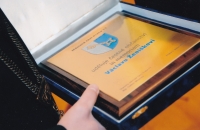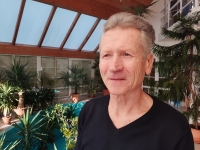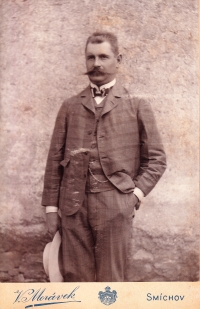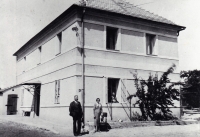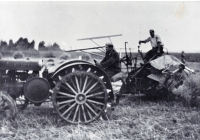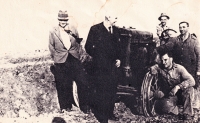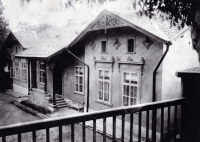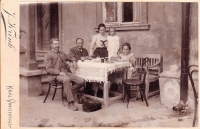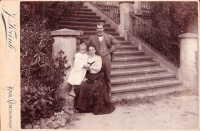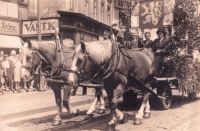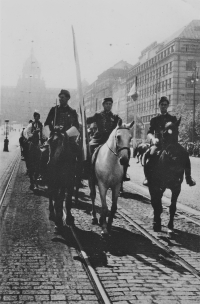Work is beautiful, it betters you, and if you do it well, it will repay you in equal measure
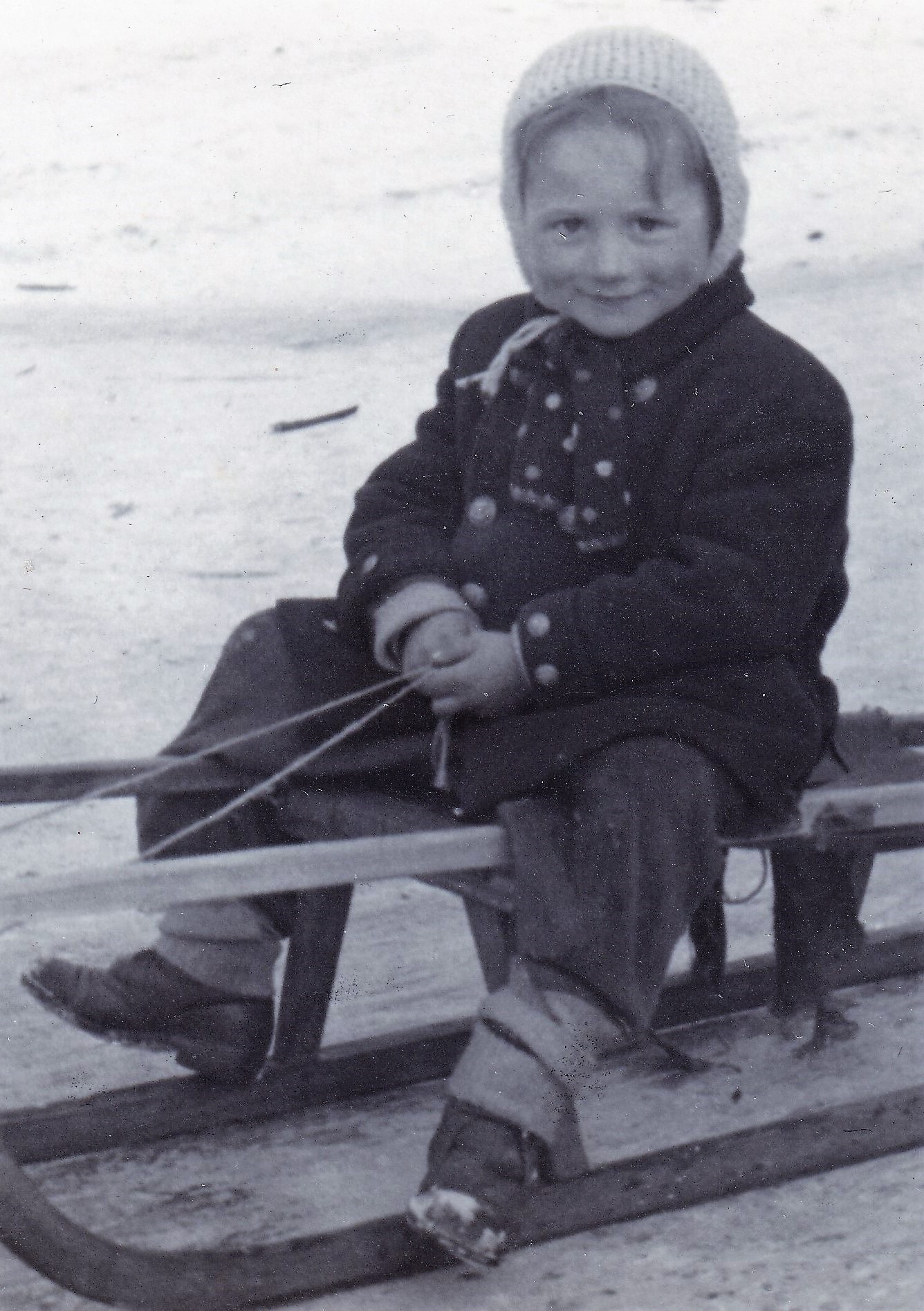
Download image
Otakar Ženíšek was born on a farm in Chodov near Prague on 24 January 1947 to Václav and Hana Ženíšek. After February 1948, his family was labeled as enemies of the state and systematically harassed by the communist authorities. When Václav Ženíšek refused to hand over the family property to the “working people” despite all pressure, they accused him of sabotage. In 1952, he was arrested, imprisoned in Pankrác, and subsequently assigned to the Auxiliary Technical Battalions (PTP). He returned to his family only after four and a half long years. In a short time, the family lost not only its breadwinner but also its land and all sources of income. They overcame this challenging period only thanks to the selfless help of their friends. Otakar Ženíšek and his siblings struggled with the label of children of a kulak. In elementary school, they sat at the last “donkey’s” desk to make it clear that society does not count on them. The witness gained solid foundations for professional application at the agricultural mechanization school. He got accepted there thanks to his father’s friends. He experienced the events of August 1968 when on basic military service at the airport in Líně. The arrival of the “friendly” armies there happened rather calmly. The command of the airport soon consorted with the occupiers. In 1974, the witness started a family. He briefly worked as a locksmith. He later worked as an assistant store manager in a building materials store. After the Velvet Revolution, Otakar Ženíšek succeeded in regaining the family property in restitutions. In 2023, he is still managing it and appreciating it with the exemplary care of a good homesteader.


